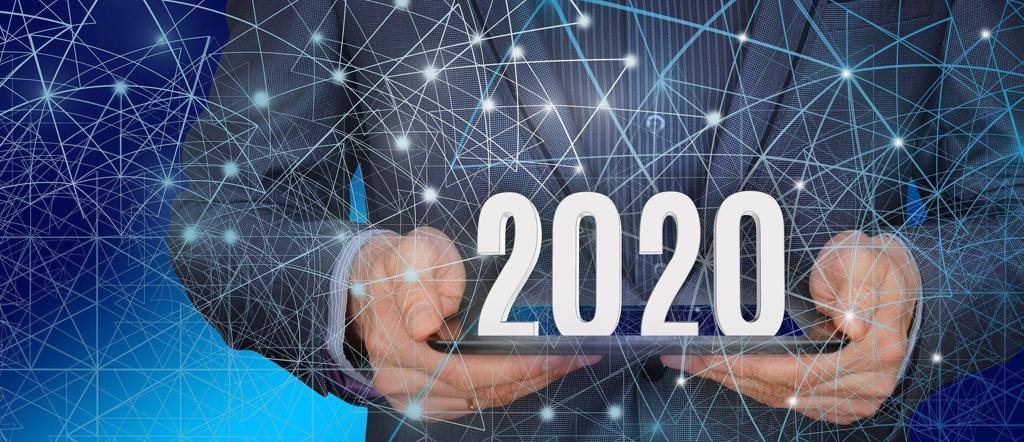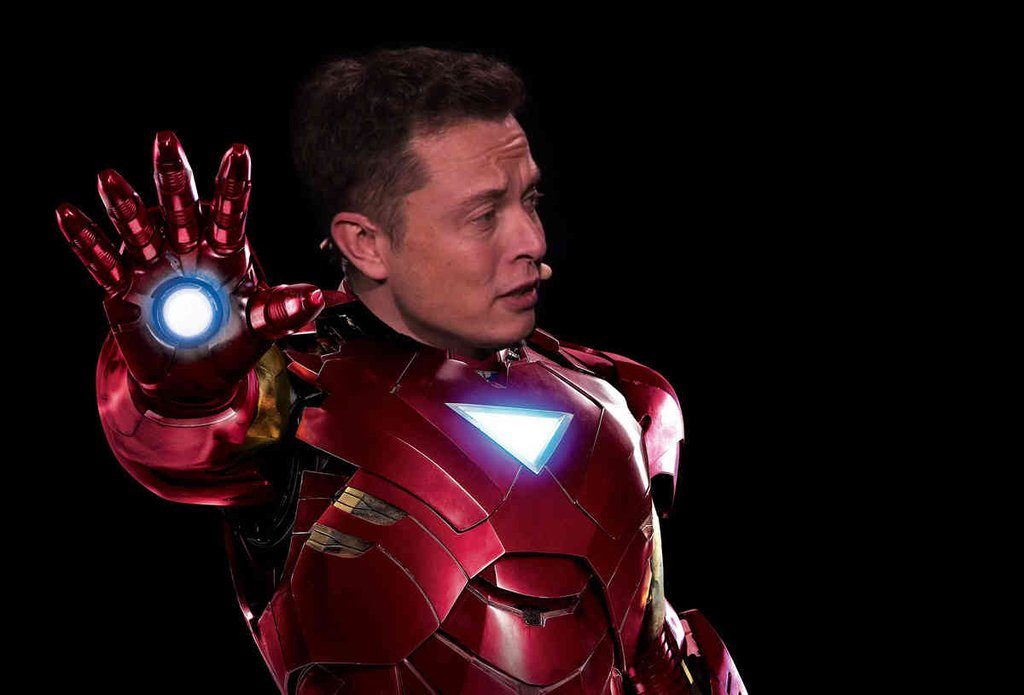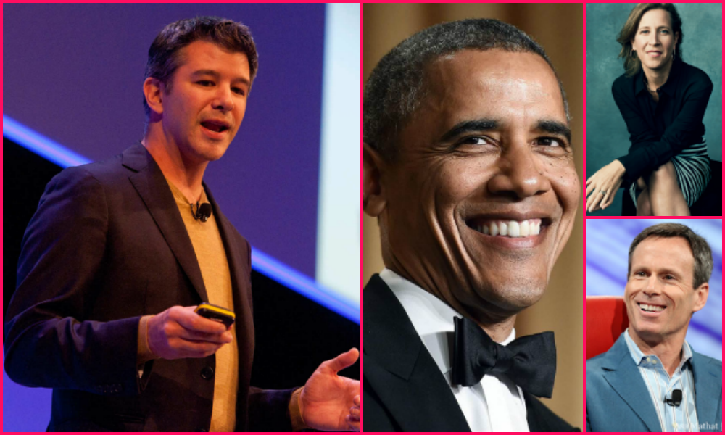According to the customer relationship management site Salesforce — marketing automation allows corporations to administer digital marketing strategies minus the monotonous hand operating gestures like pressing send for every email. In essence, it’s an across the board means of streamlining B2C (business to customer) communications
As a result, in order to make it in the manically innovative tech marketing landscape, businesses – both large and small — must adapt to automation or risk alienating their market. Don’t know where to start?
Check-out these key marketing automation business trends 2020.
1. Customer Data Platforms
CDP software manages data from various channels and places them in a specific dashboard, providing comprehensive insights into a customer’s demands and inclinations. As a consequence, marketing automation becomes existential and consumer-focused.
2. Call Centers and Call Center Tools
Call centers are part of the marketing automation trend alongside additional bonuses like specialized call center tools. With Machine Learning Programs and (NLP) Natural Language Processing, call center AI embedded improvements, like chatbots and IVRs, are more adept at fulfilling customers’ needs and requests.
3. Chatbots
Chatbots are becoming the orators of the business world. These garrulous software programs react to digital chats and texts with customers in pseudo-styled dialogue 24/7. Statisa states that the chatbot market will increase from $190.8 billion in 2016 to $1.25 billion by the end of 2025.
4. Personalized Content
Content will increasingly become a leading factor in automated marketing. Consumers expect companies to know their preferences and demands and to machinate clever product pitches that are beneficial to their needs. In fact, some experts suggest that personalized content is an important customer success strategy.
5. Call to Action
Seeing that most online retailers and B2Bs have a brick-and-mortar presence, utilizing marketing automation to drive traffic to that location makes sense. Invites like ‘arrange a demonstration at our physical location’ will direct traffic in addition to making good use of digital solicitations.
6. Automated Social Media Marketing
The average time spent daily on social media in 2019 was 153 minutes according to Broadbandsearch. That’s roughly 6 years and 8 months in a lifetime! With more technical devices used for everything from catching-up on social media to banking, those numbers are likely to increase. Therefore, automation of social media marketing should be a top priority in 2020 and beyond.
7. Mobile Marketing Growth
Sites like Quoracreative asserts that globally 62 percent of users access the Internet via their mobile phones, and by 2020 the number of smartphone users will reach 2.87 billion. In addition, Google’s mobile-first index issued in 2020 will compel trade names to customize their websites for mobile perfectibility by capitalizing on tools like mobile wallets and SMS.
8. Suppliers and Marketing Automation
Marketing automation is now stretching its legs and stepping into the world of business suppliers. More businesses are applying the concept to receive better pricing for goods and shipping, and to expand their supplier base.
9. SCV in 2020
Single Customer View (SCV) provides a comprehensive perspective of each customer complied from aggregated customer data. The data reveals buying habits, interests, email addresses, and their participation trail such as promotions, etc.
10. The Human Touch
Though marketing automation is a brilliant construct, humans are still required to keep things running. AI including chatbots, IVR, and other programs are simply conduits. Adding a human touch makes company outreach more persuasive.
FINAL THOUGHTS
Marketing automation has rapidly advanced over the years. Chatbot software and big data will put the pressure on businesses to step up their game or disappear in 2020.
Written by- Chioma Iwunze-Ibiam



